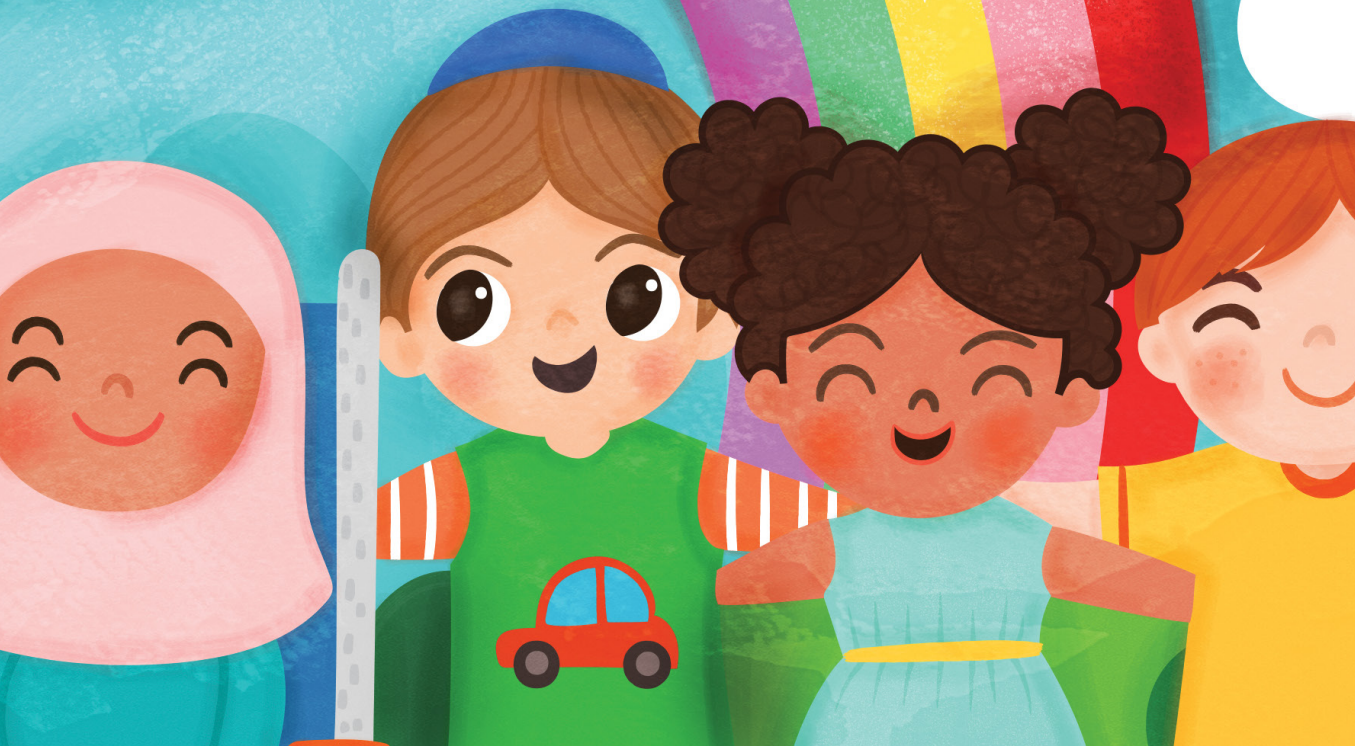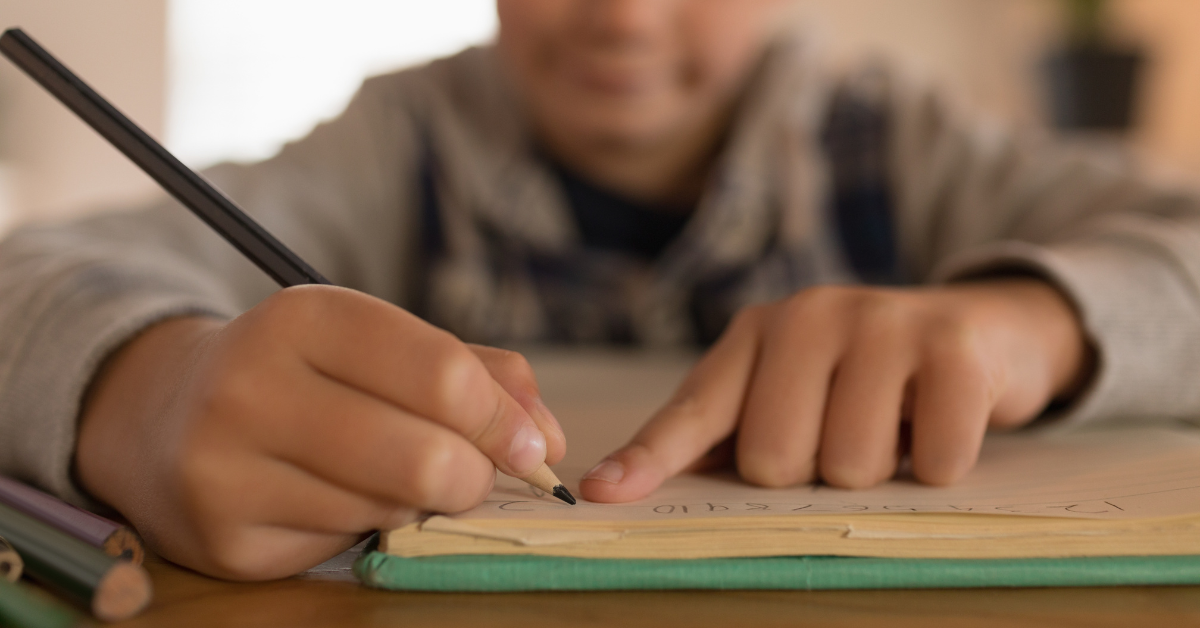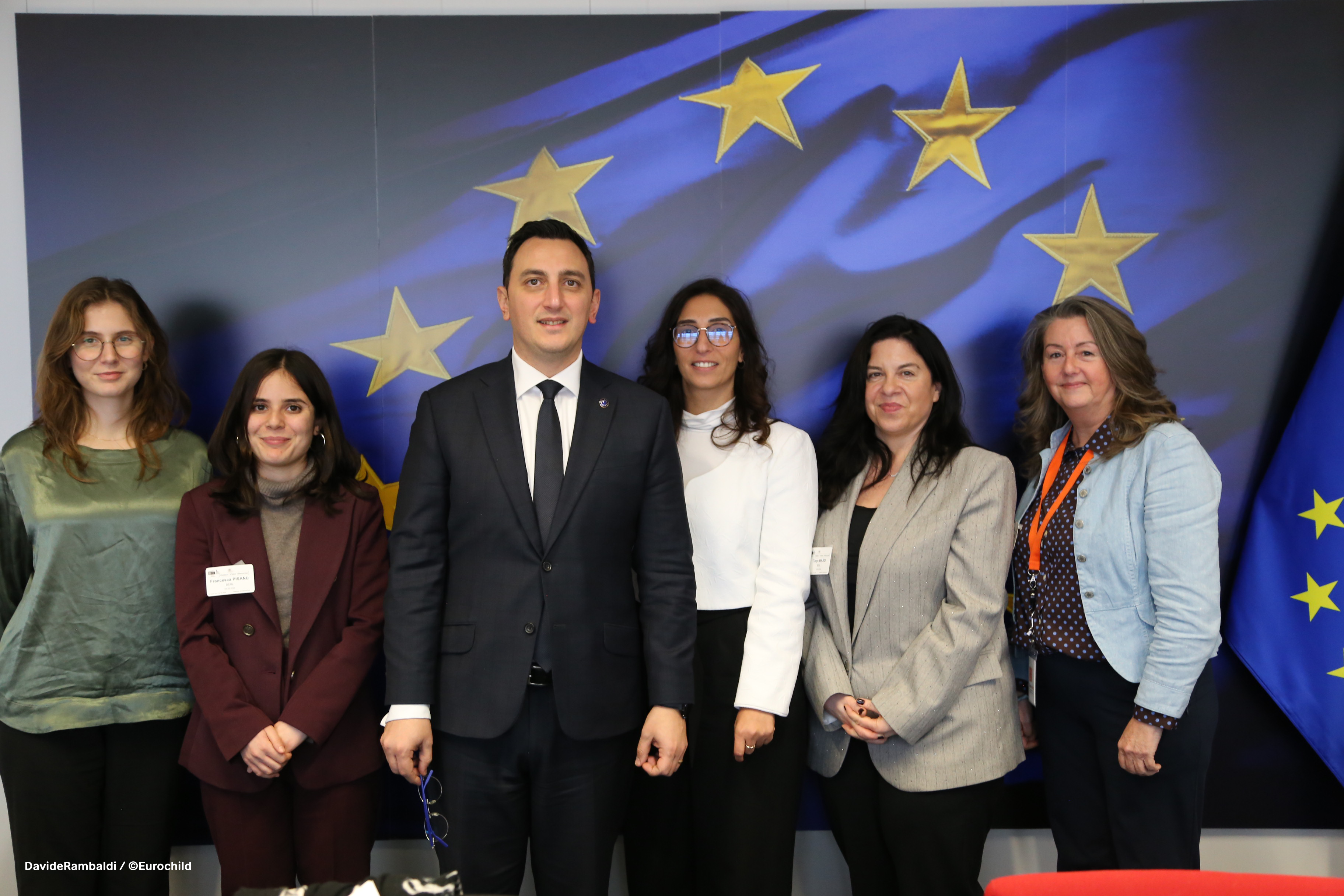Council Conclusions on children, youth and children’s rights
The Conclusions on children's rights, adopted on 13 May by the Council, urge integration of children's rights into relevant policies, promoting child participation and prioritising their well-being. Eurochild calls on the Member States and the European Commission to implement these recommendations, with a specific focus on children in vulnerable situations. We regret that anti-child rights movements continue to be overlooked.
The adoption of the Council Conclusions on the European and international policy agendas on children, youth, and children’s rights comes at a crucial juncture for children across Europe. As the EU elections approach, these Conclusions were adopted at the end of a mandate wherein EU institutions have upheld children’s rights. We commend the Belgian Presidency for fostering unity among all Member States to adopt these Conclusions, which align closely with Eurochild’s principles.
The Conclusions recommend integrating children’s rights across relevant policy areas, and developing and implementing national strategies or policies for children's rights. Crucially, the Council calls for child and youth participation to be structurally embedded in decision-making processes and highlights the right of the child to be informed of their rights, as well as their responsibilities and roles in realising inclusive societies. These recommendations are welcomed, as mainstreaming children’s rights and promoting child participation is the bedrock of Eurochild's mission.
The Council's Conclusions also provide a vision for a comprehensive approach to children's rights. They encourage the European Commission to strengthen synergies between the EU Strategy on the Rights of the Child, the EU Youth Strategy 2019-2027, the Better Internet for Kids Strategy, and other possible successor strategies. The Commission is also recommended to maintain a cross-sectoral commitment to safeguarding, protecting, and promoting the rights of children and young people, in all their diversity, offline as well as online, ensuring their active participation in shaping Europe in current and future EU political cycles. An enhanced cooperation between the Youth and Child Rights Coordinators at the European Commission is desired.
We particularly welcome that the European Commission and the Member States are urged to promote the evaluation of the impact of policies related to children. This commitment is not just essential but a cornerstone of Eurochild’s approach. The Building Children’s Futures project, coordinated by the Children’s Rights Alliance, Eurochild and other leading child organisations and government representatives, is establishing a child rights impact assessment (CRIA) process in Ireland. The project pays specific attention to the impact of crises, such as the COVID-19 pandemic, on the mental health and well-being of children, especially the most marginalised children.
Eurochild appreciates the focus of the Council’s Conclusions on upholding child participation and child rights and having an integrated approach to children’s rights. However, we regret the lack of ambition to introduce recommendations focused on the child rights movement.
We encourage the Member States and the Commission to implement them by removing the various obstacles for children to enjoy these rights, especially those from vulnerable backgrounds. Further effort should be devoted to developing a mechanism to monitor and tackle anti-child rights movements in the EU.





